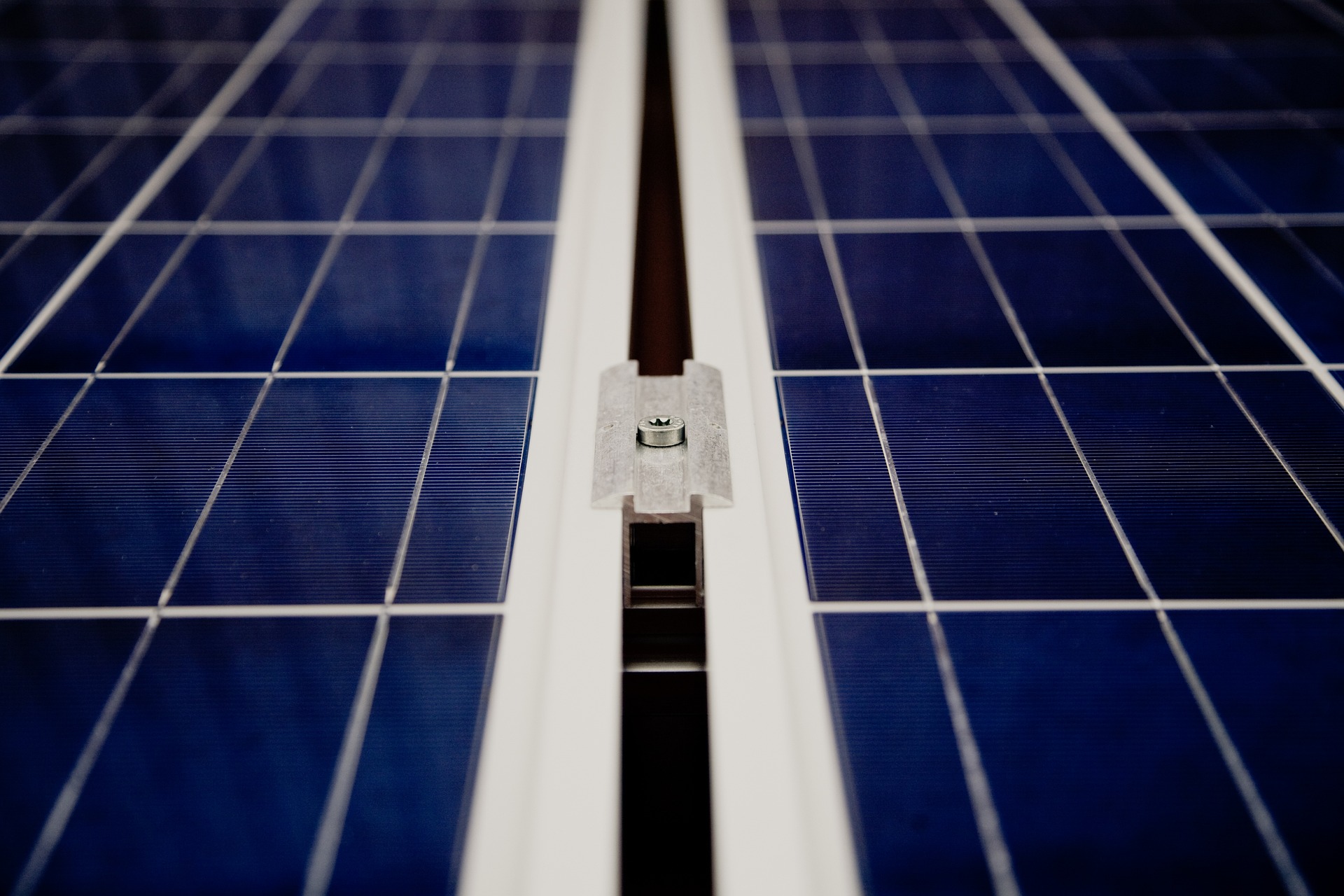Commercial Solar Systems in Japan – Framework for Government-Linked Subsidy Programs
Commercial solar systems in Japan are installed under structured processes that may include government-linked subsidy programs. These initiatives are designed within official regulations, covering application procedures, eligibility requirements, and technical standards. The focus is on compliance with energy policies, safe installation, and alignment with national sustainability goals, providing businesses with a clear framework for adopting solar technology.

Understanding Application Procedures for Commercial Solar Subsidies
The application process for solar panel subsidies in Japan involves multiple stages. Businesses must first register with the Ministry of Economy, Trade and Industry (METI) through their online portal. Applications require detailed project proposals, including system specifications, estimated energy generation capacity, and implementation timelines. Companies typically receive preliminary approval within 4-6 weeks, followed by a detailed technical review.
Essential Documentation and Eligibility Requirements
Commercial entities seeking solar subsidies must meet specific criteria and provide comprehensive documentation. Required materials include business registration certificates, property ownership documents or lease agreements, energy consumption records from the previous year, and detailed installation plans. Eligible businesses must demonstrate financial stability and commit to maintaining the solar installation for a minimum of 10 years.
Technical Standards for Commercial Solar Installations
Japanese regulations mandate strict technical standards for commercial solar installations. Systems must comply with JIS (Japanese Industrial Standards) requirements for equipment quality and safety. Key specifications include proper mounting systems rated for local wind conditions, appropriate electrical safety measures, and grid connection standards that align with regional power company requirements.
Business Infrastructure Integration Guidelines
Integration of solar panels into existing business infrastructure requires careful planning and coordination. Structural assessments of rooftops or installation areas must be conducted by certified engineers. Power distribution systems often need upgrading to handle bi-directional energy flow, and monitoring systems must be installed to track energy production and consumption patterns.
Compliance with Energy and Sustainability Policies
Commercial solar installations must align with Japan’s renewable energy policies and local regulations. This includes adherence to the Feed-in Tariff (FIT) program requirements, environmental impact assessments for larger installations, and compliance with municipal building codes. Regular reporting on system performance and environmental benefits is mandatory for subsidy recipients.
| Subsidy Program | Maximum Support Amount | Eligibility Requirements |
|---|---|---|
| METI Business Solar Initiative | Up to ¥10 million | Companies with <300 employees |
| Green Innovation Fund | Up to ¥50 million | Large-scale installations >50kW |
| Regional Promotion Grant | Up to ¥5 million | Small businesses in rural areas |
| Zero-Energy Building Support | Up to ¥100 million | New construction projects |
Prices, rates, or cost estimates mentioned in this article are based on the latest available information but may change over time. Independent research is advised before making financial decisions.
The successful implementation of commercial solar systems in Japan requires careful attention to regulatory requirements, technical standards, and proper documentation. Organizations considering solar installation should thoroughly review current subsidy frameworks and ensure compliance with all necessary guidelines while planning their renewable energy transition.




